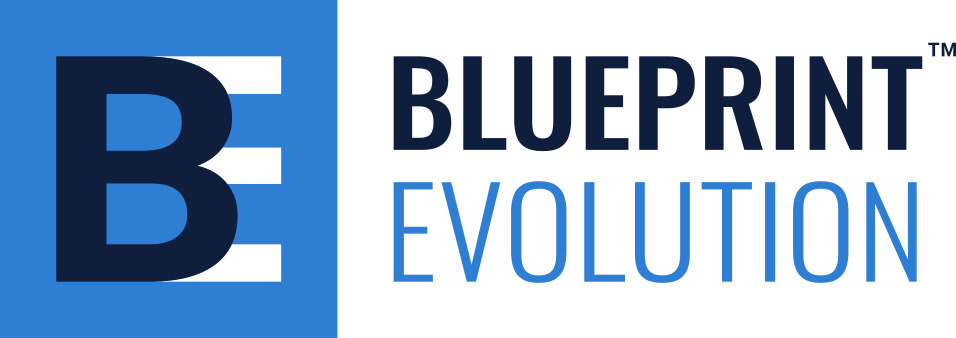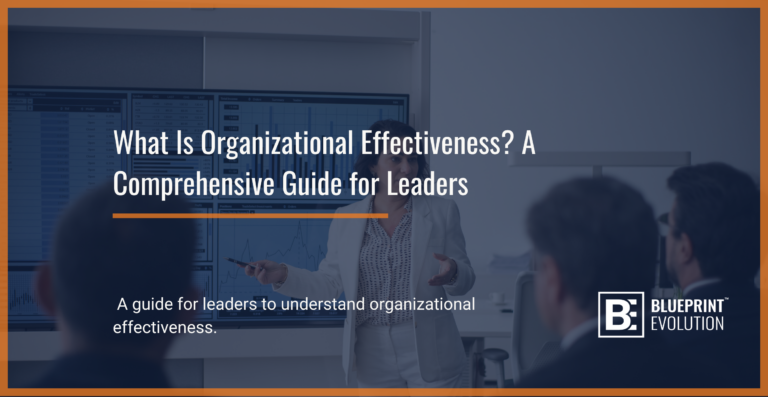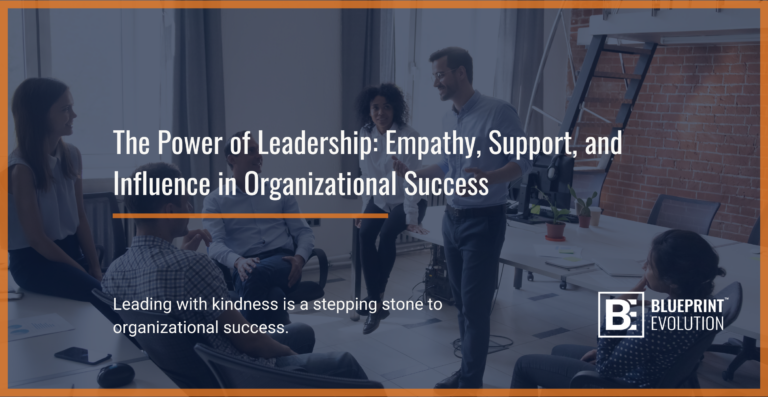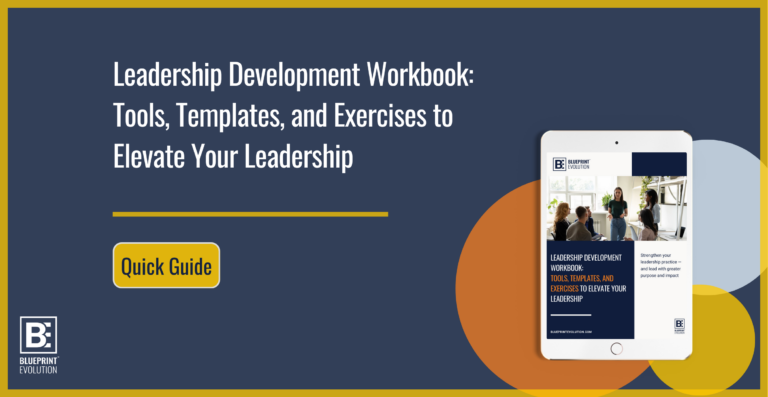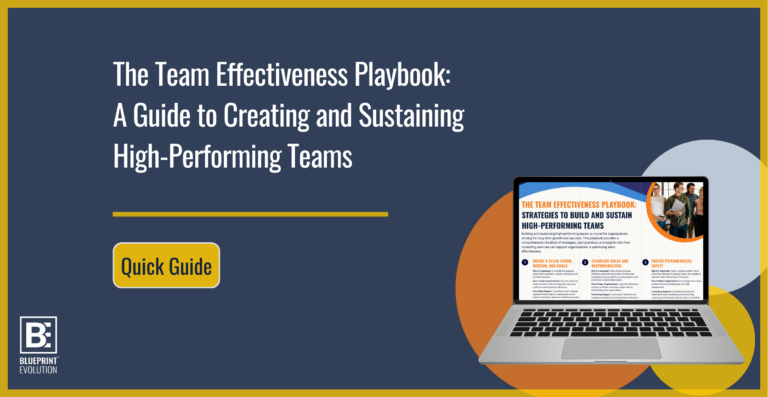Maximize Team Effectiveness Through Talent Development & Engagement
Building a culture of continuous learning and fostering active employee engagement in professional growth are crucial for organizations seeking to thrive in today’s competitive landscape. Our Employee Development and Engagement consulting service is tailored to unlock individual potential, cultivate a high-performance culture, and enhance overall team effectiveness.
Benefits of Talent Development & Engagement
Research shows that companies investing in talent development experience a 24% increase in workforce productivity. Additionally, organizations with high employee engagement are 21% more profitable. These statistics underscore the importance of fostering an environment where continuous learning and active engagement are prioritized.
By partnering with us, companies have seen remarkable improvements in team dynamics and overall performance. For example, a recent client achieved a 30% reduction in employee turnover and a 40% increase in project completion rates within the first year of implementing our strategies.

The Blueprint Approach
At Blueprint, we believe talent development and engagement are fundamental to organizational success. Our comprehensive approach includes:
- Tailored Training Programs and Workshops: Customized sessions designed to enhance specific skills and competencies.
- Mentorship Initiatives: Connecting employees with experienced mentors to provide guidance and foster professional growth.
- Personalized Coaching: One-on-one coaching to address individual development needs and career aspirations.
- Meaningful Assignments: Opportunities for employees to take on significant projects that contribute to both personal and organizational advancement.
- Participate in Decision-Making: Involving employees in strategic decisions to promote a sense of ownership and commitment.
Contact us today to learn more about how we can help you achieve your goals.
OUR TALENT DEVELOPMENT AND TEAM EFFECTIVENESS SOLUTIONS

Focusing on identifying and nurturing leadership potential within the organization. This involves providing tailored leadership training, mentorship programs, and coaching to develop individuals for leadership roles. Effective leadership development ensures that the organization has qualified leaders who can guide teams towards achieving strategic objectives, fostering a culture of excellence and innovation.
Developing comprehensive strategies to attract, select, and onboard new talent effectively. This includes designing inclusive recruitment and hiring processes, defining clear job roles, and ensuring a smooth integration of new employees into the organizational culture. A robust talent acquisition and recruitment strategy helps attract diverse skill sets and perspectives, strengthening the team’s capabilities and adaptability.
Establishing systematic processes to set clear performance expectations, assess employee performance, provide constructive feedback, and support professional growth. This involves implementing goal-setting frameworks, conducting regular performance reviews, and identifying development opportunities aligned with individual and team objectives. Effective performance management enhances accountability, productivity, and employee satisfaction, contributing to overall team effectiveness.
Creating a culture of continuous learning and fostering active employee engagement in their professional growth. This encompasses offering various learning opportunities, such as training programs, workshops, mentorship initiatives, and coaching to enhance skills and competencies. Providing avenues for employees to contribute ideas, take on challenging assignments, and participate in decision-making processes promotes a sense of ownership and commitment. Employee development and engagement initiatives maximize individual potential, cultivate a high-performance culture, and drive overall team effectiveness.
Identifying and nurturing individuals within the organization who demonstrate potential to fill key leadership positions. Succession planning involves assessing talent, providing targeted development opportunities, and creating career pathways to ensure a pipeline of capable leaders. By proactively preparing for leadership transitions, organizations mitigate risks associated with talent gaps, ensuring continuity and stability in team performance.
- Leadership Development
-
Focusing on identifying and nurturing leadership potential within the organization. This involves providing tailored leadership training, mentorship programs, and coaching to develop individuals for leadership roles. Effective leadership development ensures that the organization has qualified leaders who can guide teams towards achieving strategic objectives, fostering a culture of excellence and innovation.
- Talent Acquisition & Recruitment
-
Developing comprehensive strategies to attract, select, and onboard new talent effectively. This includes designing inclusive recruitment and hiring processes, defining clear job roles, and ensuring a smooth integration of new employees into the organizational culture. A robust talent acquisition and recruitment strategy helps attract diverse skill sets and perspectives, strengthening the team’s capabilities and adaptability.
- Performance Management
-
Establishing systematic processes to set clear performance expectations, assess employee performance, provide constructive feedback, and support professional growth. This involves implementing goal-setting frameworks, conducting regular performance reviews, and identifying development opportunities aligned with individual and team objectives. Effective performance management enhances accountability, productivity, and employee satisfaction, contributing to overall team effectiveness.
- Talent Development & Engagement
-
Creating a culture of continuous learning and fostering active employee engagement in their professional growth. This encompasses offering various learning opportunities, such as training programs, workshops, mentorship initiatives, and coaching to enhance skills and competencies. Providing avenues for employees to contribute ideas, take on challenging assignments, and participate in decision-making processes promotes a sense of ownership and commitment. Employee development and engagement initiatives maximize individual potential, cultivate a high-performance culture, and drive overall team effectiveness.
- Succession Planning
-
Identifying and nurturing individuals within the organization who demonstrate potential to fill key leadership positions. Succession planning involves assessing talent, providing targeted development opportunities, and creating career pathways to ensure a pipeline of capable leaders. By proactively preparing for leadership transitions, organizations mitigate risks associated with talent gaps, ensuring continuity and stability in team performance.
ORGANIZATIONAL MANAGEMENT SOLUTIONS
Recent Blogs
Check out our other content on this topic!
